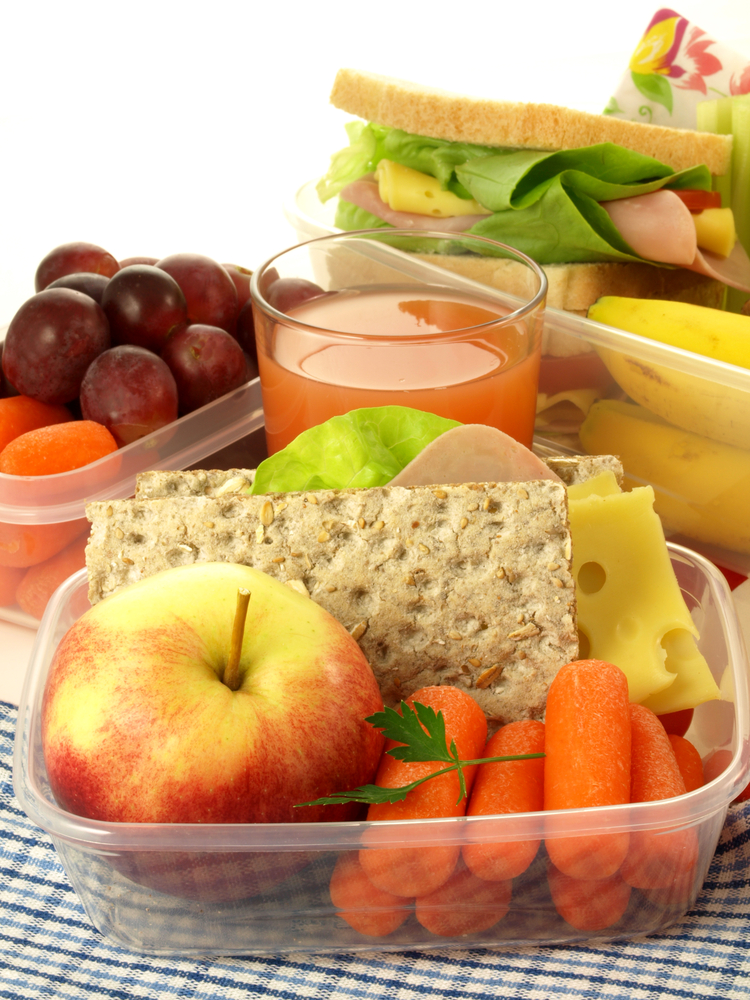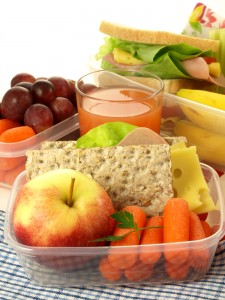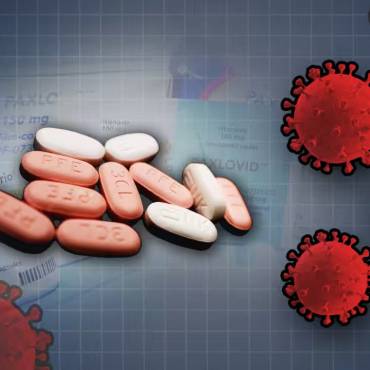When you are unwell and shivering with fever or sore throat, the only thing you wish to do is lay on your bed. Your mouth gets parched without saliva, and it can’t endure any taste. Pain, fatigue, nausea, and flu just worsen the condition. You are forced to gulp down bland food that makes you feel sicker. It is a bit obvious that illnesses can drain your energy and bring down the immune system.
But, during those days, you shouldn’t deprive yourself of gathering back the strength to fight back the illness. There is always confusion about what to eat when sick. The body craves for delicious junk food, but the mind stops it from even craving. This is because it knows that your body isn’t in a healthy condition to enjoy that kind of food. Read further to understand the necessary nutrients and the essential edibles that would get you back on your toes.
-
Boosting the immune system
Changing your diet pattern and understanding what to eat when sick, is a must in order to recuperate faster. First of all, you must comprehend the exact role that the immune system plays to keep the body stable. They are the soldiers of the body and protect it from germs, viruses, fungi, and bacteria. The moment you place a food morsel into your mouth, the immune system gets into action. This is because the saliva itself contains anti-microbial such as alpha-amylase, lactoferrin, and lysozyme. They act as the front-line defense system and attack the germs. If, by chance, any parasites sneak past the mouth, they would have to face the stomach’s hydrochloric acid. The acid crushes the germs before they slide into the intestines. Even if the stomach acids fail to perform their responsibility, the protein and chemical compounds in the digestive chain have to pull off their best. You may have heard about good bacteria in the body (medically known as probiotics). This helps in preventing the germs from entering our blood vessels, small intestines or colon. The food that you eat is directly linked to the formation of these probiotics.
Fiber-rich foods that are filled with nutrients promote a healthy balance. On the other hand, processed foods, sugar, and fats can lead to dysbiosis. In other terms, it is called as microbial imbalance. Hence, people are required to know what to eat when sick. It is necessary to consume whole food diet that fights against infections.
Also read: Make yourself Healthy with a Vegan diet
- Understanding the relation between food and immunity
There is a deep connection between the two. You tend to become a fussy eater when you are down with an illness. But this works as an advantage for the harmful bacteria as there are no proper nutrients being supplied to trace and destroy it. Wholesome nutrition helps evade the army of germs from multiplying and damaging your health further. The immune system requires a combination of proteins, carbohydrates, minerals, vitamins, amino acids, and fatty acids.
- Consumption of prebiotics and probiotics
When sick, it is hard to recognize what foods to eat and make the body recover. Prebiotics take up the form of semi-digestible fiber that moves effortlessly through the digestive tract. It helps in providing complete nourishment. As mentioned earlier, probiotics are the good bacteria itself.
Whole food sources of prebiotics are:
- Vegetables: Garlic, Jerusalem artichokes, asparagus, leeks, and onions
- Carbs: Quinoa, barley, beans, oats, rye, wheat, potatoes, and yams
- Fats: Chia seeds and flax seeds
- Fruit: Berries, apples, bananas, citrus fruits and kiwifruit
Whole food sources of probiotics are:
- Dairy: cheese, yogurt, and kefir with live and active cultures
- Fermented soy: miso and tempeh
- Fermented vegetables: pickles, sauerkraut and kimchi
- Miscellaneous: soy sauce and wine
As per research, around 1 or 2 servings of these prebiotic foods can perform an ideal job to eliminate the infection from your body. You could also opt for supplements in the form of capsules, liquids, and tablets. There is a list of renowned probiotic health drink brands that offer the best treatment to improve your health. 2-4 gm of probiotic foods can help increase the good bacteria count.
Also read: Top 6 Foods for Best Hydration
- Consuming whole foods
During those strenuous days, it is important for you to know what to eat when sick. Building up a strong appetite is a little tricky, but necessary to get well soon. These are some foods that are highly recommended to speed up the recovery process:
Garlic: Its antibiotic factor is known to destroy bacteria that cause flu and other throat infections.
Chicken soup: This has proved to be one of the best methods for curing cold. Use real chicken rather than processed meat. The fluids and electrolytes of the soup contain anti-inflammatory properties to battle cold.
Honey: Its anti-microbial and anti-bacterial characteristics act as efficient cough drops. A few teaspoons of it mixed with milk can relieve throat pain.
Green tea: It speeds up the production of antibodies to kill pathogens on the spot.
Elderberries: The anti-viral properties reduce cold and cure respiratory tract infections.
Also read: How to Gain Weight the Healthy Way!
- Nutrients and supplements for boosting immunity
There needs to be a limit on our intake of food. Excessive or inadequate consumption of nutrients and minerals may decrease the body’s capability of enlisting immunity defense systems. A long-term deficiency can reduce the immune system’s responsive ability. You can often be confused with what to eat when sick, and this could cause malnutrition. Certain fats prepare bacterial invaders and work on improving health. Gluten and sugar need to be avoided, lest it could hamper the white blood cells. Iron and zinc increases the generation of white blood cells in the bone marrow. Nutrients such as vitamin C, ginseng, and zinc are essential to support immunity. In addition, foods rich in vitamin E such as olive oil, avocadoes, and nuts enhance the respiratory system and get rid of germs.
By now, you know what to eat when sick. But, you must also ensure that other external factors support your diet. Drink plenty of water to regulate the flow of electrolytes. This avoids dehydration and throws the toxins away. Don’t try to force-feed yourself. If you are hungry, don’t even try to over-eat. The body may not be in a condition to digest excess food at one go. This could result in nausea and vomiting. Take as much rest as possible. The body’s digestive system moves into a weaker zone when ill, and needs to be handled with care. Try and understand the needs of your appetite and make sure you incorporate most of these foods in your diet. You could recover quickly and lead a healthy lifestyle once again.
Also read: Healthy Lifestyle Changes for Fighting Fatigue




